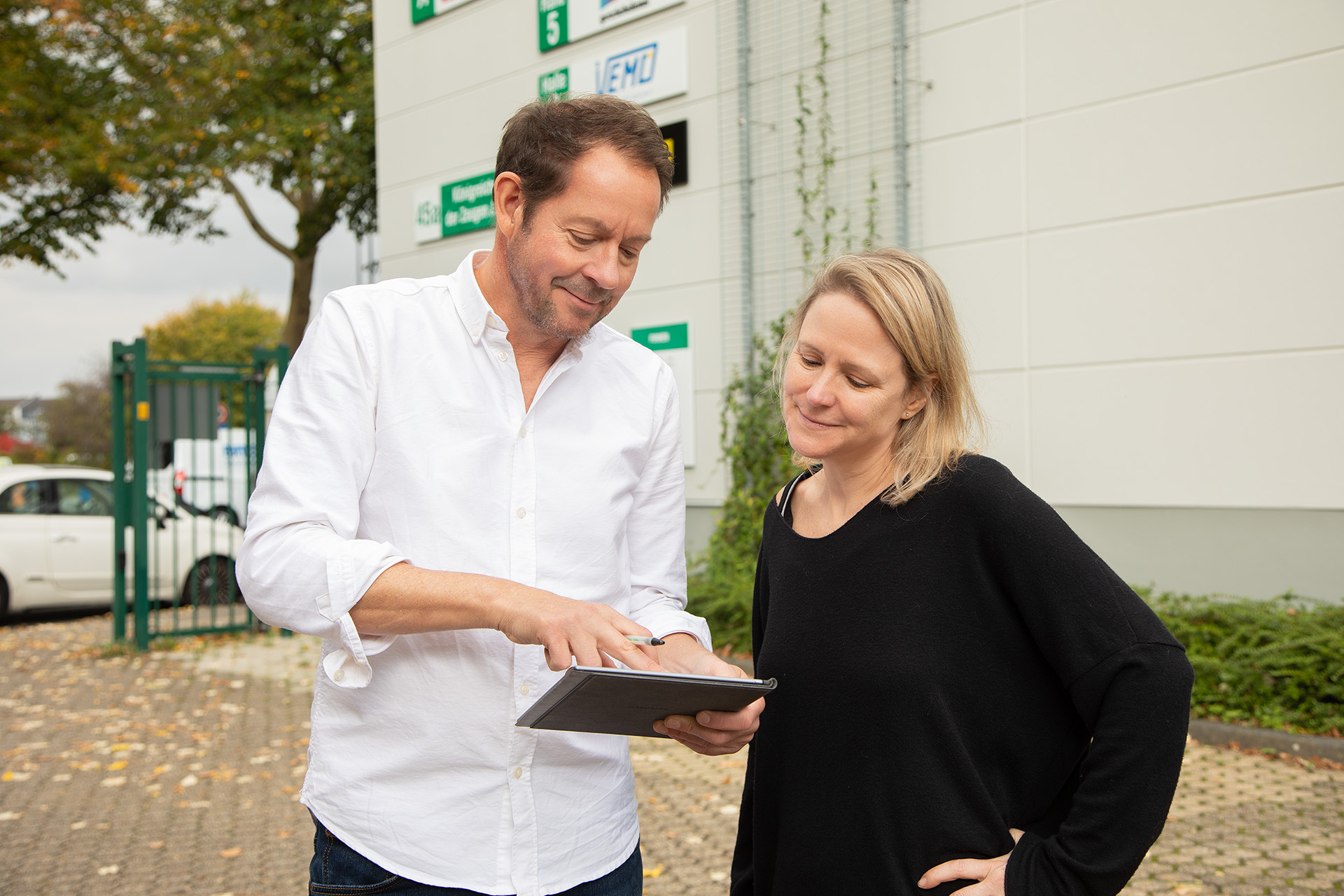Startup loans in Berlin and Germany – sometimes the only chance to finance your business idea
Starting your own business is exciting – and challenging. Often, it’s not passion or a good concept that’s missing, but simply the money for investments, equipment, or operating costs.

You can’t get a regular business loan because you don’t have enough collateral for the bank?
And finding an investor is difficult because you don’t yet have a proof of concept?
That’s exactly when government-backed startup loans come into play!
They make it possible to turn your idea into reality and secure financing through your local bank — because the state covers part of the risk if you can’t repay the loan.
What are the advantages of startup loans?
They usually offer better conditions (lower interest rates) than traditional bank loans — especially when your collateral is limited.
They are tailored to the needs of founders and young companies, considering their higher risk, lower liquidity, and growth potential.
They can finance investments (machines, equipment, vehicles, buildings) and working capital (rent, inventory, marketing, staff) — often both combined.
What should you pay attention to?
A strong business plan with a realistic market analysis, sales and cost forecast, and profitability plan is essential. The better your plan, the higher your chances of approval.
Before meeting with your bank, check your credit report (Schufa). If there are negative entries, try to correct them — a poor credit rating will make it nearly impossible to get approval.
All public startup loans are processed via your house bank (Hausbankverfahren). Your bank checks your creditworthiness and documents first — then the public development bank steps in.
Review your funding needs carefully: How much capital do you need for investments and working capital? Which repayment term is realistic? Follow-up financing is often difficult.
Pay attention to your collateral. The more equity (bank statement) or assets (property, life insurance) you can show, the better your chances.
Compare different funding programs — from regional state banks to national options like the KfW. Don’t assume your bank will automatically find the best offer; remember, banks also operate for profit.
Two Key Funding Programs in Germany
1) Federal Startup Loan Programs
KfW – ERP Start-up Loan – StartGeld (Program No. 067)
Target group: Entrepreneurs, freelancers, and young companies (full-time or part-time) based and investing in Germany.
Loan amount: Up to €125,000 total financing per shareholder (with at least 10% ownership). Of that, up to €50,000 can be used for working capital.
Term & grace period: Minimum term of 2 years. Options: up to 5 years (with 1-year grace period) or up to 10 years (with 2-year grace period).
Interest rate: As of November 15, 2025, the rate for a 5-year term with a 1-year grace period is 3.4%. There are no price classes or risk-based rate tiers — everyone approved gets the same rate.
Special feature: The KfW covers 80% of the default risk for the house bank.
Use of funds: Investments (e.g. machinery, equipment, vehicles, property) and working capital (e.g. rent, marketing, inventory, consulting).
Equity requirement: No minimum equity required, but having your own funds increases your approval chances.
Disbursement: Paid out 100%; typically 1–3 months after approval.
Tip: If you’re about to start your business or are within the first five years, this program is one of the best options — relatively straightforward and with solid conditions.
2) Regional Startup Loans (Berlin & North Rhine-Westphalia)
Berlin Start (IBB & BBB Guarantee Bank Berlin-Brandenburg)
A joint program by the Investitionsbank Berlin (IBB) and the BBB Guarantee Bank — ideal even if you have limited collateral.
Target group: Startups and young businesses based in Berlin.
Loan amount: Up to €1.5 million.
Term: 6–10 years, with up to 2 grace years.
Financing share: Up to 100% of total costs. BBB can provide a guarantee of up to 80%.
Use of funds: Investments, working capital, or business takeovers.
Interest rate: Around 3.87%, or 5.88% if a BBB guarantee is used.
Microloan from the Berlin SME Fund (KMU-Fonds)
Offered by IBB for startups and small businesses in Berlin.
Loan volume: Up to €25,000 (simplified process for smaller amounts).
Special feature: In some cases, available without a traditional bank partner, depending on the variant.
Startup and Growth Loans (NRW.BANK – North Rhine-Westphalia)
NRW.BANK offers attractive programs for founders in NRW:
"Start-up and Growth" Loan: Low-interest loans up to €10 million, covering up to 100% of eligible costs — mainly for founders and young companies (<5 years) or projects in development areas.
Interest rate: Depends on credit rating (Classes A–I). For example, in Class B (very good rating), a 5-year term with a 1-year grace period is 3.21%.
Note: Additional guarantee fees apply, which increase the total rate.
Part-time founders can also apply.
Step-by-Step: How to Apply for a Startup Loan
Prepare your documents: Business plan, liquidity and financing plan, investment and working capital details, and proof of any own funds.
Check your credit report (Schufa).
Choose your house bank: Find a bank that works with public funding programs.
Get advice: Use startup advisory services — many are subsidized.
Select your program: Decide which loan best fits your situation (e.g. KfW StartGeld or regional state bank program).
Submit your application: Your house bank reviews and forwards it to the funding institution (e.g. KfW or NRW.BANK). Expect 2–3 months until disbursement.
Approval & disbursement: Once approved, you have up to 9 months to draw the funds.
Use of funds & repayment: You must document how the funds are used. Repayment begins after any grace period.
Conclusion
The loans listed above are only a small selection of the many funding options available in Germany.
A well-chosen startup loan can provide the liquidity you need at the crucial early stage.
As the saying goes: “Liquidity before profitability.”
It’s essential to make smart financial decisions early on — and that requires capital. Often, you’ll need more than you initially expected.
Don’t use up all your savings — instead, treat them as equity to secure a loan.
In the early phase, borrowed capital is often better than bringing in investors who might demand large ownership stakes for taking high risk.
Once your business shows initial revenues and success, you’ll be in a much stronger position to negotiate with investors later on.
Our assistance
Schedule a complimentary initial consultation in German or English here
Weitere Artikel



